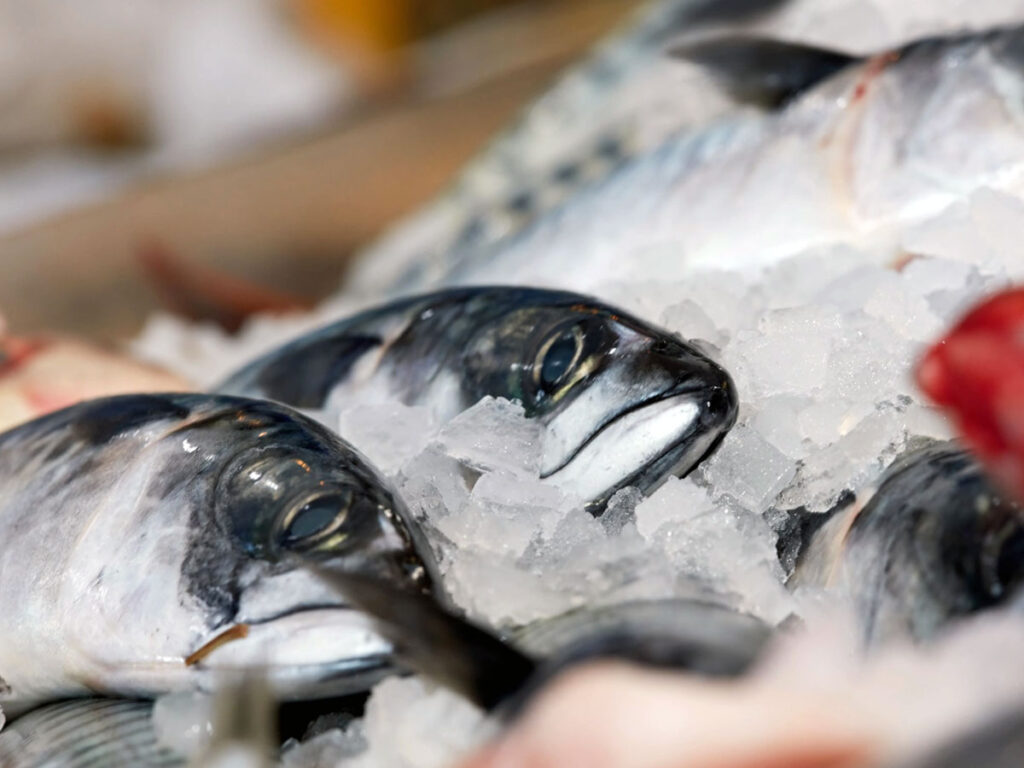
Last updated: 1 March, 2025 @ 10:43
Scientists are calling for a ‘big push’ to encourage people to eat more local seafood to help improve the health of the public in the UK.
Research by the Rowett Institute, University of Aberdeen has found that oily fish caught and farmed in UK waters could provide 73% of the daily recommended intake of omega-3 and 46% of Vitamin B12.
However, the study showed that most of this salmon, herring and mackerel is sold abroad – while the majority of the seafood eaten here in the UK is imported prawn, cod, salmon and tuna.
Consumption of fish
The University of Aberdeen said that persuading people to eat more local seafood therefore offers a ‘significant opportunity both to meet climate targets and improve public health’.
It says that at present, the figures show consumption of fish is ‘less than half what is recommended by UK authorities despite the proven health benefits, not least in reducing heart disease’.
Researchers say this is also a missed opportunity when it comes to hitting net zero targets as seafood provides essential nutrients at a much lower emissions rate than other animal-based protein sources.
‘Need to explore seafood opportunities’
“The UK is a large producer of herring and mackerel, which are relatively cheap for consumers to buy, and these species could significantly contribute to the provision of omega-3 fatty acids, vitamins B12 and D in the UK population,” the paper says.
“But most herring and mackerel are exported, indicating that consumer preferences and demand, rather than a limited supply, determine current patterns of fish production, trade and consumption, including consumption levels falling below recommendations.
“This highlights the need to explore opportunities and interventions that increase consumer demand for fish.”
‘More targeted messaging’
The Rowett Institute’s Professor Baukje de Roos said: “For the first time, we mapped what seafood we produce, what is imported and exported, and how this relates to what we eat and what we should be eating for optimal human and planetary health.
“Dietary recommendations for fish consumption have not been particularly effective in increasing fish intake in the UK.
“We may need more targeted messaging on, and a better understanding of, how much fish we need, and which fish we should eat.”
‘Championing seafood’
Fish Face Seafood Blog has long championed the benefits and diversity of locally caught species right here in the UK.
From our extensive guides to fish, crustaceans, shellfish and cephalopods found in UK waters, to our In Season Spotlight series – we’re doing what we can to highlight the stunning seafood produce found all around our coast – which we strongly believe to be the best in the world.
The full paper, ‘Seafood supply mapping reveals production and consumption mismatches and large dietary nutrient losses through exports in the United Kingdom‘, is available to read here.
Share this Fish Face Seafood Blog article: